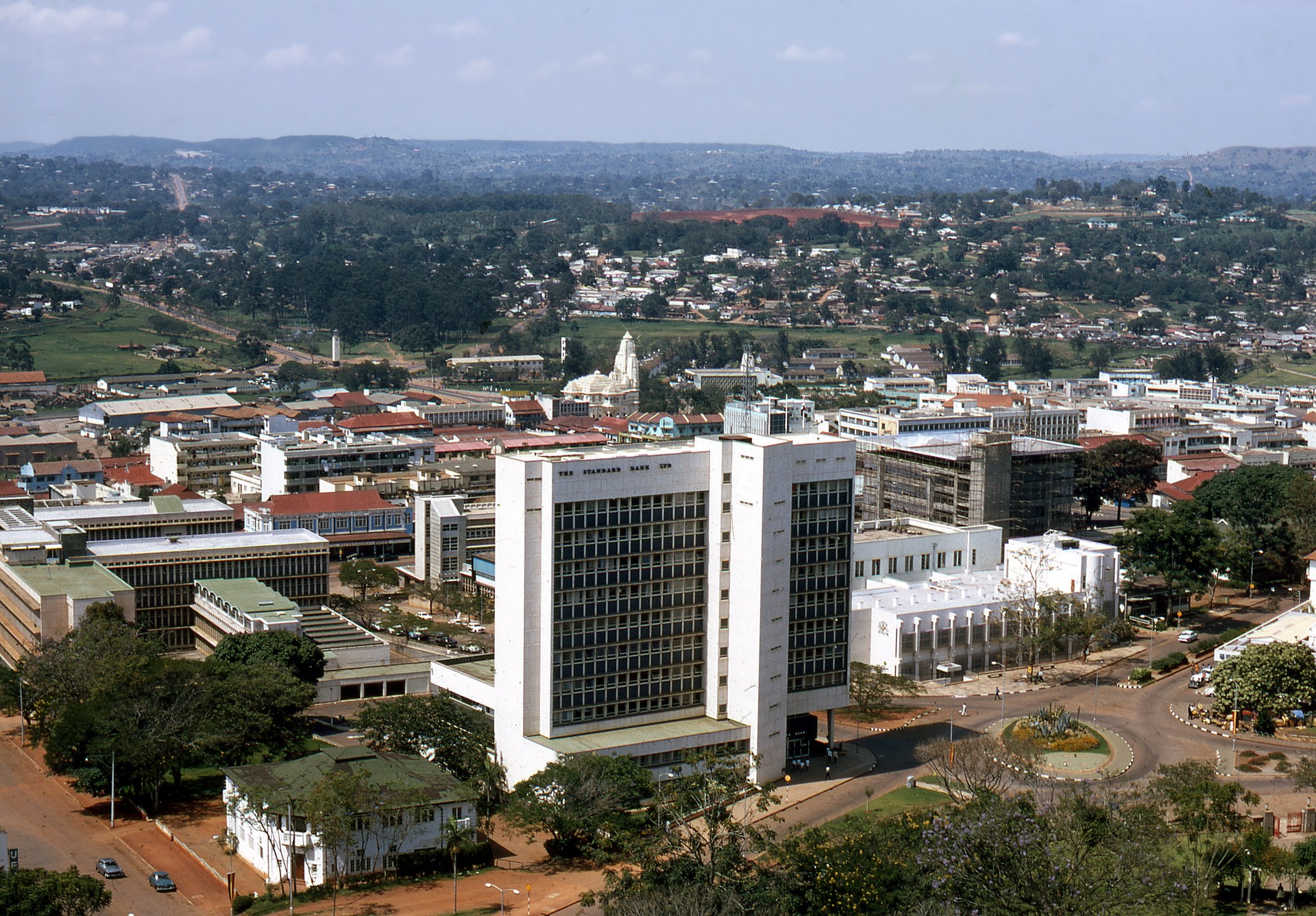In May 2023, Uganda passed the Anti-Homosexuality Bill, a draconian law that introduced a number of punitive sentences – including capital punishment – for same-sex sexual conduct. In the months since its passage, two men have faced capital charges for ‘aggravated’ homosexuality. Under the Anti-Homosexuality Act 2023, there are ten different aggravating factors, including if the victim does not consent, contracts a terminal illness, is under the age of eighteen or suffers from a disability. One man, a 20-year-old from Soroti, was charged with aggravated homosexuality for engaging in ‘unlawful sexual intercourse’ with a 41-year-old man, whose ‘mental status’ was considered an aggravating factor. The second, a man from Jinja, is charged with performing a sex act on a 12-year-old boy.
Uganda’s Penal Code retains the colonial-era law which prohibits sexual activity ‘against the order of nature’, although the new Act goes beyond merely criminalising same-sex sexual activity: it also prohibits the ‘promotion’ of homosexuality, which is defined, among other things, as providing LGBTQI+ individuals with healthcare, housing and financial support – thereby denying them access to basic rights.
This is not the first time that such a repressive piece of legislation against the LGBTQI+ community has come before the Ugandan Parliament. A similar Bill was voted on in 2014, then struck down by the Constitutional Court as it was passed without the requisite quorum.
The 2023 Bill was a result of the ongoing lobbying by the US evangelical movement, and spurred on by a sex abuse scandal at a prestigious secondary school, King’s College Budo, at the beginning of the year. Allegations of teachers raping male pupils led to a national outcry, and the accusation that homosexuality was being promoted to children. Only two out of 389 MPs opposed the bill, demonstrating the widespread acceptance of homophobia, or, possibly, the widespread pressure to toe the party line, as alleged by one of the MPs who voted against the Bill.
 The Act is a reflection of long-running discrimination against the LGBTQI+ community in Uganda, one of 32 African countries that criminalise same-sex relationships. In 2010, a Ugandan newspaper published the names and pictures of a hundred people it identified as gay, and called for them to be hanged. When one of those named was subsequently murdered, the editor was unrepentant.
The Act is a reflection of long-running discrimination against the LGBTQI+ community in Uganda, one of 32 African countries that criminalise same-sex relationships. In 2010, a Ugandan newspaper published the names and pictures of a hundred people it identified as gay, and called for them to be hanged. When one of those named was subsequently murdered, the editor was unrepentant.
The two men arrested on capital charges face a long wait for trial: prisoners in Uganda can expect to spend years on remand. By the time they see the inside of a courtroom, the political landscape in Uganda may well have changed: the 2026 Presidential elections promise to be contentious, with singer-turned-opposition leader Robert Kyagulanyi, aka Bobi Wine, already proving a formidable threat to what will by then be President Yoweri Museveni’s forty-year regime. Bobi Wine himself received a ten-year visa ban to the UK for the promotion of homophobic attacks in one of his songs, so a Uganda under his Presidency would not promise to be any less punitive to the LGBTQI+ community.
The death penalty is the ultimate symbol of state power, with a history of political misuse, carried out during Uganda’s tumultuous decades post-independence as a means to sustain an unpopular regime rather than further the goals of justice. Uganda has not carried out a civilian execution since a mass hanging of 28 people in 1999, although in 2018, President Museveni threated to resume executions. The lack of a gallows, hangman or enough people who had exhausted their appeals thwarted him. It was suggested, however, that this threat was merely a tactic to divert attention from the constitutional amendment to remove age limits, allowing the seventy-something President to effectively rule for life.
The death penalty is again being revived, without any real effort to resume its use, indicating that it is again serving a symbolic function. This begs the question: what was the purpose of the Anti-Homosexuality Act? Uganda already had stringent anti-homosexuality laws, and the response by the international community to its passing has seen visa restrictions on Ugandan officials imposed by the United States, aid cuts from Sweden, expulsion from the United States’ tariff-free trade programme the African Growth and Opportunity Act, and the cessation of new loans from the World Bank. There was a similar backlash after the 2014 Bill was passed, so the withdrawal of aid was not unexpected. For a government still highly reliant on foreign aid, these consequences could be devastating.
But Museveni has an election looming. With an increasingly young population, rising unemployment and food prices, he may well be concerned about its outcome, especially given the closely contested last election was mired by accusations of fraud. Promoting an aggressively homophobic agenda could well be a move to garner the support of the large youth population, who are Bobi Wine’s fanbase. The moves to enforce the Act, with a number of arrests in recent months, keeps it in the public mind, and it will remain so, as the cases make their way through the sluggish court system. When people head to the polls in two years’ time, Museveni may hope that the Anti-Homosexuality Act is front of mind. But for those unfortunate enough to be caught in its crosshairs, they face a grim and uncertain future in Uganda’s overcrowded prisons, the victims not just of state prejudice, but also pawns in an increasingly barbarous political game.
 |
Dr Diana Peel is a researcher with a focus on sub-Saharan Africa. |
Article photo: Overlooking the Ugandan capital city of Kampala. Photo credit: Graham-H via Pixabay. Listing image credit: mattlucht via Flickr.
Share:
